Are you ready to take your WordPress site to the next level but feeling overwhelmed by the thought of hiring a developer? You’re not alone! With so many options out there, finding the right WordPress developer can feel like searching for a needle in a haystack. But fear not! In this article, we’ll walk you through four simple steps to help you hire a developer who’s not just skilled, but also a perfect fit for your unique needs. Whether you’re looking for someone to build a brand-new site or revamp your existing one, these steps will empower you to make an informed decision and ensure your project is in good hands. Let’s dive in and get you on the path to finding your ideal WordPress expert!
Understanding Your Project Needs Before You Start
Before diving into the process of hiring a wordpress developer, it’s essential to take a step back and evaluate your project’s specific needs. Understanding these requirements will set the foundation for a prosperous collaboration and ensure that you find the right developer for your vision.
Start by clearly defining your objectives. ask yourself:
- What is the primary goal of my website? (e.g., e-commerce, portfolio, blog)
- Who is my target audience?
- What features and functionalities do I want to include? (e.g.,contact forms,social media integration)
Next,consider your budget and timeline. These factors will significantly influence the type of developer you can hire.Having a realistic budget allows you to narrow down your options and ensures that you won’t be blindsided by unexpected costs later on. Create a rough estimate to cover:
- Developer fees
- Hosting and domain costs
- Plugins and themes
It’s also crucial to outline your design preferences. Providing examples of websites you admire can help communicate your vision more effectively. Consider aspects such as:
- Color schemes
- Layout styles
- Typography
think about your long-term vision for the website. Are you planning to expand it in the future? If so, discuss scalability with potential developers. This foresight can definitely help you avoid costly redesigns down the line. Hear’s a simple table to illustrate some considerations:
| Consideration | Details |
|---|---|
| Website Type | Define the primary function, such as a blog or e-commerce. |
| Features required | List necessary plugins and specific functionalities. |
| Design Style | gather inspiration and examples for aesthetic direction. |
| Future Needs | Assess potential growth and necessary updates. |
By taking the time to outline these aspects,you will not only clarify your own vision but also empower potential developers to deliver exactly what you need. This preparation phase is a vital step toward ensuring that your project is a success.
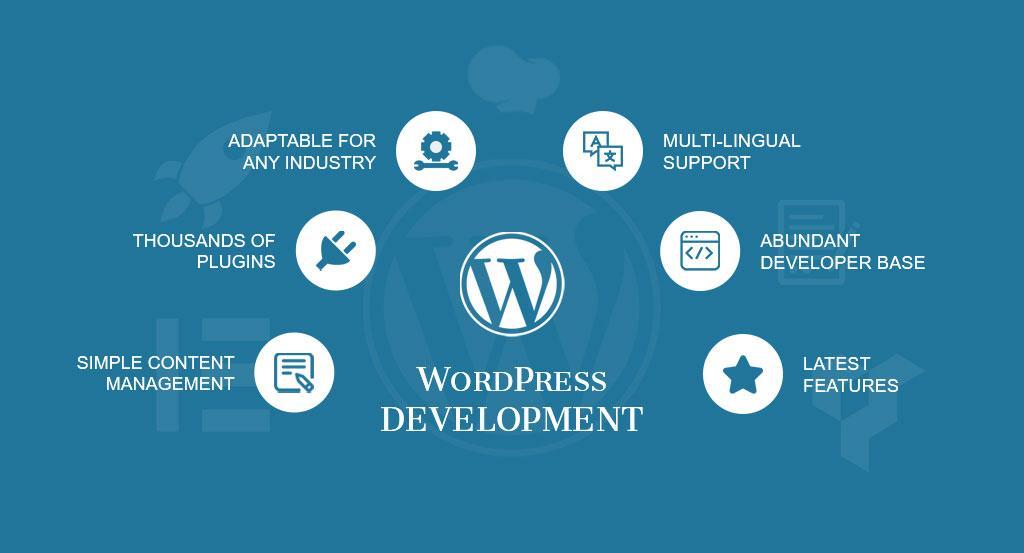
Defining Key Skills to Look for in a WordPress Developer
When it comes to hiring a WordPress developer, identifying the right skills is crucial to ensure that your project runs smoothly and meets your expectations. A strong candidate will not only have technical expertise but will also demonstrate creativity, problem-solving abilities, and a good understanding of user experience.
Here are some key skills to look for:
- Proficiency in PHP, HTML, CSS, and JavaScript: These are the foundational languages for WordPress development.A solid grasp of these programming languages enables the developer to customize themes and plugins effectively.
- Experience with wordpress CMS: Look for someone who has a deep knowledge of the WordPress ecosystem, including theme and plugin development, as well as familiarity with the admin interface.
- Responsive Design Skills: With a wide variety of devices accessing websites today, a developer should ensure that your site is mobile-amiable and looks great on all platforms.
- SEO Knowledge: A developer well-versed in SEO best practices can help optimize your site for search engines, which is vital for increasing visibility and traffic.
- Problem-Solving Skills: WordPress can sometimes present unexpected challenges. A capable developer should demonstrate strong analytical skills and have a track record of finding creative solutions to common and uncommon issues.
An additional factor to consider is their communication skills. The ability to explain technical concepts in a clear and concise manner is essential, especially if you are not well-versed in web development. Regular updates and open lines of communication will greatly enhance your collaboration.
Lastly, reviewing their portfolio can provide insights into their style and capabilities. Look for diversity in their projects and evidence of responsive designs and user-friendly interfaces. asking for references or testimonials from previous clients can also help assess the developer’s reliability and work ethic.
| Skill | Importance |
|---|---|
| Technical Proficiency | Essential for custom development |
| SEO Knowledge | critical for visibility |
| Responsive Design | Necessary for user experience |
| Communication | Key for project success |
By focusing on these skills, you’ll be well-equipped to choose a WordPress developer who can deliver results that align with your vision and business goals.
Where to Find the best WordPress Developers Online
Finding top-notch WordPress developers can feel like searching for a needle in a haystack, but the right platforms can make your quest significantly easier. There are several online avenues where you can connect with skilled developers who can help bring your vision to life. Here’s where you can start your search:
- Freelance marketplaces: Websites like Upwork, freelancer, and Fiverr offer a plethora of WordPress developers with varying levels of expertise. You can browse through profiles, reviews, and portfolios to find a match that suits your project needs.
- Specialized Job Boards: Platforms such as Codeable and Toptal specialize in connecting clients with WordPress developers.These sites frequently enough vet their freelancers, which means you’re more likely to find highly qualified candidates.
- Social Media Platforms: LinkedIn and Twitter can be surprisingly effective for finding developers. Many professionals showcase their skills and projects on these platforms, offering you a glimpse of their work ethic and capabilities.
- WordPress Community: Engaging in WordPress forums and communities, like the WordPress subreddit or the official WordPress support forums, can lead you to talented developers. It’s also a great way to get recommendations and insights from other users.
When evaluating potential developers, look for these key indicators of quality:
| Indicator | Description |
|---|---|
| Portfolio Quality | Check their previous work for design quality and functionality. |
| Client Feedback | Read reviews and testimonials to gauge their reliability. |
| Communication Skills | Ensure they can convey technical concepts in an understandable manner. |
| Technical Expertise | Look for knowledge in plugins, themes, and custom development. |
consider using platforms that provide a clear project management framework, such as Trello or Asana.this will help you maintain organized communication and streamline the development process.By leveraging these resources, you’ll not only find talented WordPress developers but also establish a productive working relationship that’s essential for your project’s success.
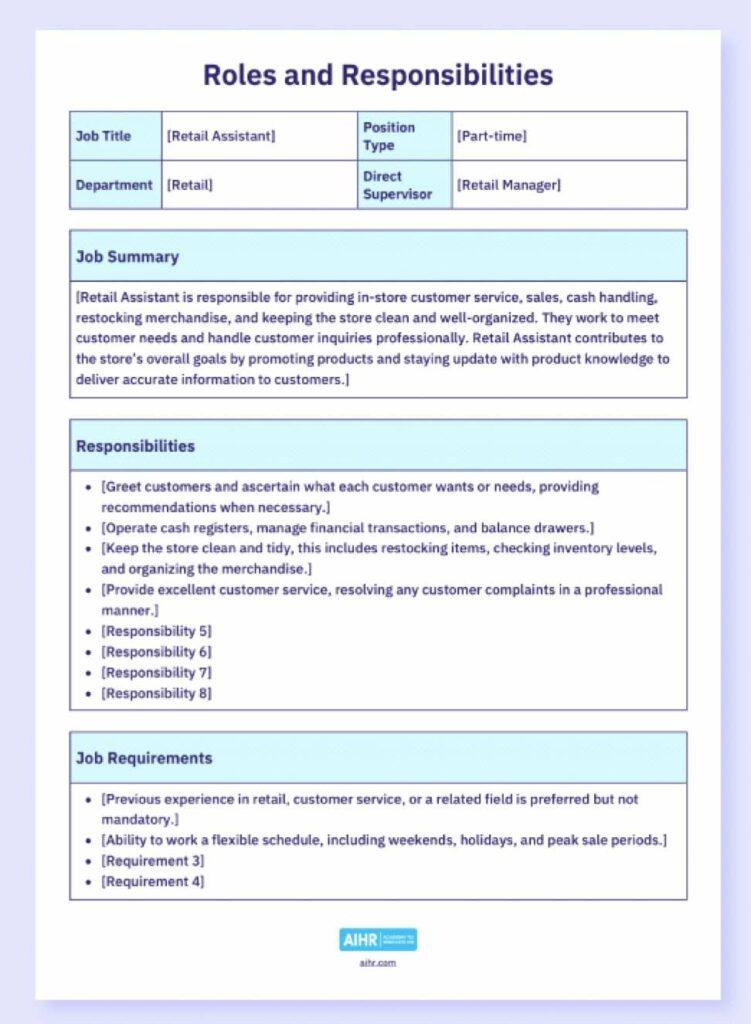
Crafting an Attractive Job Description That Stands Out
Creating a job description that attracts top talent is crucial, especially in the competitive field of WordPress development. A well-crafted description does more than just list qualifications; it paints a picture of your company and the exciting possibilities that come with the role. To ensure your job posting stands out, focus on the following aspects:
- Clear Job Title: Use industry-standard titles like “WordPress Developer” or “WordPress Engineer” to attract the right candidates. Avoid vague titles that could confuse potential applicants.
- engaging Opening: Start with a compelling introduction. Describe what makes your company unique and why a WordPress developer would want to work with you. Highlight your company culture, mission, and any exciting projects.
- Specific Responsibilities: Clearly outline the day-to-day tasks and responsibilities. Instead of generic terms, try to be specific about the projects they will work on, such as:
| Key Responsibilities | Description |
|---|---|
| Theme Development | Design and implement custom WordPress themes that enhance user experience. |
| Plugin Integration | Utilize and customize plugins to meet specific project requirements. |
| site Optimization | Optimize websites for speed and performance to ensure the best user experience. |
Next, include the required skills and qualifications. be honest about what you need, but avoid making the list excessively long or intimidating. Consider including:
- Proficiency in PHP, HTML, CSS, and JavaScript
- Experience with responsive design and mobile optimization
- Familiarity with SEO best practices
Also, don’t forget to highlight any additional benefits that come with the position. Benefits are not just about salary; they can significantly influence a candidate’s decision. Mention perks like:
- Flexible work hours
- Remote work opportunities
- Professional development and training
Lastly, a strong call to action can make a difference. Encourage potential candidates to apply by providing clear instructions on how to submit their applications. This could be through a link to your request page or an email address. By following these guidelines, you’ll craft an attractive job description that resonates with skilled WordPress developers and makes your company a top choice for potential hires.
Evaluating Portfolios: What to Look for in Their Work
When you’re in the process of hiring a WordPress developer, evaluating their portfolios is a crucial step that can reveal a lot about their skills and style. A well-curated portfolio showcases not just the developer’s technical abilities but also their creativity and understanding of user experience. Here are some key aspects to consider:
- Diversity of Projects: Look for a range of projects that demonstrate versatility. A developer who has worked on different types of sites—like e-commerce, blogs, and corporate websites—will likely have a broader skill set.
- Design Aesthetic: Pay attention to the design elements. The visual appeal of the sites they’ve developed should align with current trends while also showcasing their unique style.
- Functionality: check if the projects include advanced functionalities such as custom post types, plugins, or integrations with third-party services. This indicates the developer’s capability in handling complex requirements.
- User Experience: Assess how intuitive and user-friendly their designs are. Sites should be easy to navigate, with clear calls-to-action and a logical flow.
- Responsiveness: Make sure that the portfolio includes responsive designs that work smoothly across different devices. This is essential for modern web development.
- Client Testimonials: Look for feedback from previous clients. Positive testimonials can provide insight into the developer’s work ethic, communication skills, and ability to meet deadlines.
In addition to these points, consider setting up a simple evaluation table to help you compare different candidates effectively:
| Developer Name | project Variety | Design Quality | Functionality | Responsiveness | Client Feedback |
|---|---|---|---|---|---|
| Developer A | 4 | Excellent | Custom Plugins | Yes | Highly Rated |
| Developer B | 6 | Good | Basic Features | Yes | Positive |
| Developer C | 5 | Average | Custom Themes | No | Mixed |
Ultimately, a thorough review of potential developers’ portfolios will not only help you find someone with the right skill set but also someone whose design ideology aligns with your vision.Take your time to analyze their work, and don’t hesitate to reach out with questions about specific projects—they’ll appreciate your interest and might provide valuable insights into their process.
Mastering the Interview Process to Identify the Right Fit
When diving into the interview process, it’s essential to create an surroundings that fosters open communication and allows you to gauge if the candidate is the right fit for your team.Here are some key strategies to ensure you’re making the best choice:
- Prepare Thoughtful Questions: Tailor your questions not only to assess technical skills but also to understand their problem-solving abilities and cultural fit. For example:
- Can you describe a challenging WordPress project you’ve completed and how you approached it?
- How do you stay updated with the latest WordPress trends and updates?
In addition to technical questions,you should explore their work ethic and attitude. This can often be just as important as their coding skills. Try to assess:
- Collaboration Skills: Ask about their experiences working in teams and how they handle conflicts.
- Adaptability: Discuss how they manage changes in project scope or tight deadlines.
Another effective technique is to include a hands-on coding test or a practical task relevant to your needs. This not only reveals their technical proficiency but also gives insight into their thought process and how they approach challenges. Consider using a platform like:
| Test Type | Description |
|---|---|
| Live Coding Session | Observe their coding style and problem-solving in real-time. |
| Take-Home Project | Evaluate their work quality and ability to meet deadlines. |
trust your instincts and involve your current team in the interview process. A second opinion can bring new perspectives and aid in assessing if the candidate meshes well with your existing culture. Consider involving them in:
- Peer Interviews: Have team members conduct interviews to see how they interact and collaborate.
- Trial Periods: If feasible, bring the candidate on board for a short-term project to observe their performance first-hand.
Ultimately, the goal is to find someone who not only possesses the necessary skills but also aligns with your company culture and can contribute positively to your team. By focusing on these strategies during the interview process,you’ll increase your chances of finding the perfect WordPress developer who can elevate your projects to new heights.
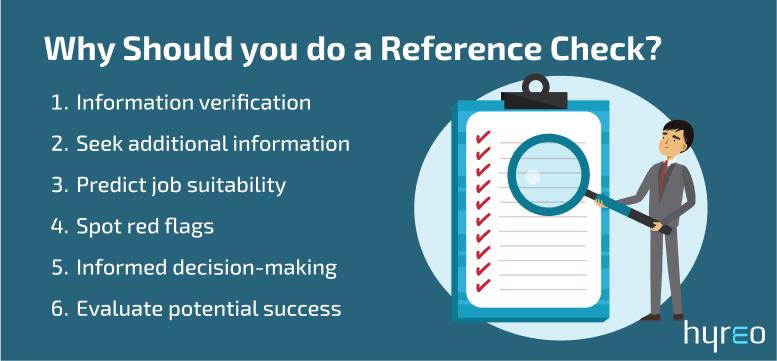
Checking References and Reviews for Peace of Mind
When it comes to hiring a WordPress developer, doing your due diligence is essential. One key aspect of this process is checking references and reviews to ensure you’re making a wise investment. After all, a developer’s past performance can be a strong indicator of their future capabilities.
Start by reaching out to the references provided by the developer. A reputable professional will have no issue sharing contacts of previous clients. When you connect with these references, consider asking questions such as:
- How well did the developer communicate throughout the project?
- Did they meet deadlines and stay within budget?
- Were you satisfied with the final product?
- Would you hire them again?
These insights can be invaluable, shedding light on the developer’s reliability and skills. Additionally, don’t shy away from exploring online reviews. Websites like Clutch, Upwork, and even Google can provide a wealth of facts. Look for:
- Overall ratings and feedback consistency.
- Detailed accounts of specific projects completed.
- Responses from the developer to any negative reviews; this shows how they handle criticism.
To help keep track of your findings, consider creating a simple table to compare different developers based on their references and reviews:
| Developer | Average Rating | Reference Feedback | Notable Projects |
|---|---|---|---|
| Dev A | 4.8/5 | Excellent communication and timely delivery. | E-commerce site, Portfolio site |
| Dev B | 4.5/5 | Great design skills, but occasional delays. | Blog, Business website |
| Dev C | 4.9/5 | Highly recommended for custom solutions. | Membership site, Educational platform |
By combining feedback from references with online reviews, you’ll gain a complete understanding of each developer’s strengths and weaknesses. This due diligence will not only provide peace of mind but also equip you with the knowledge needed to make a confident choice. Remember,investing time in this step can save you from headaches down the road,ensuring your WordPress project is in capable hands.
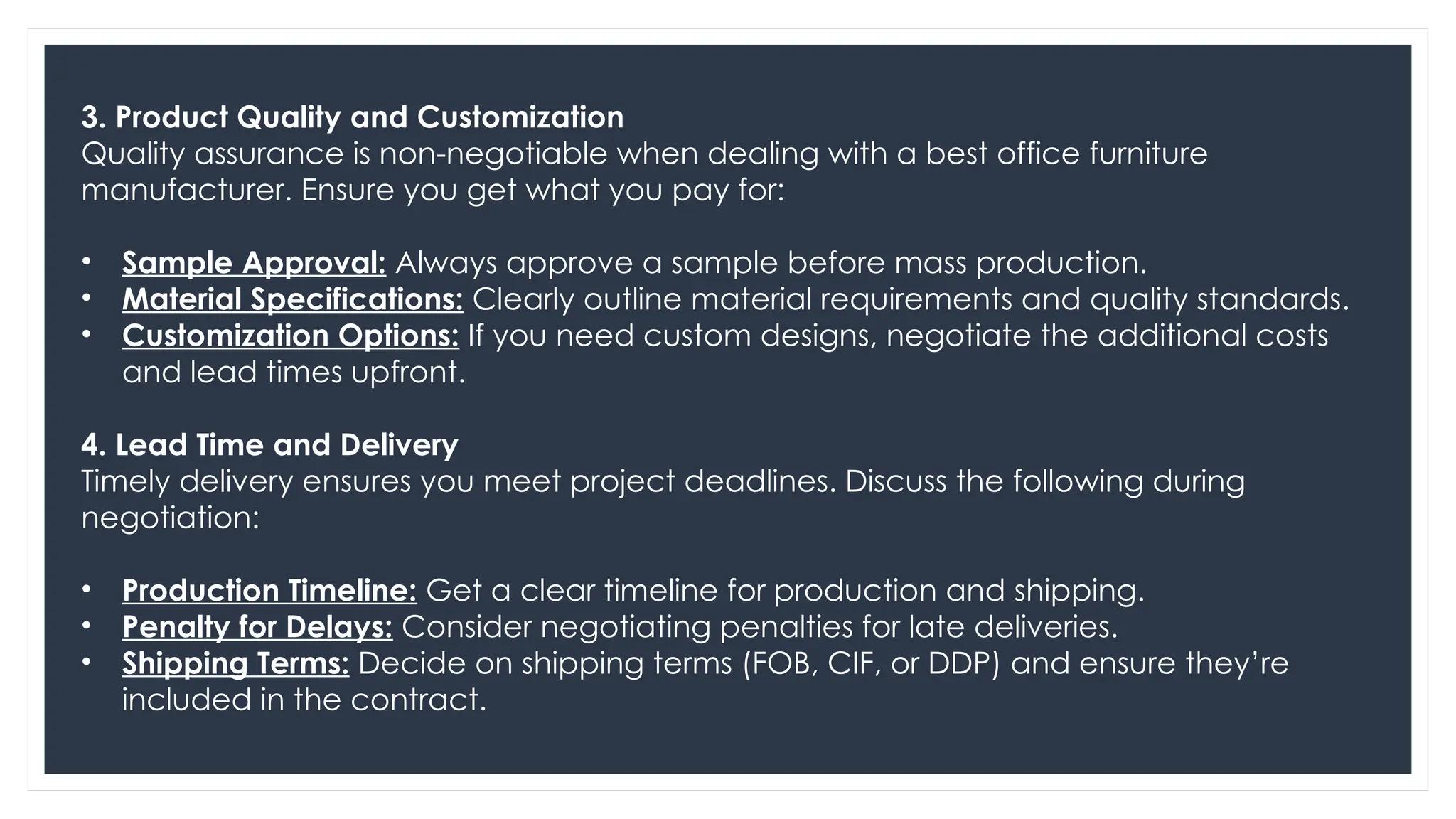
Negotiating the Best terms for Your Project
is a critical step in ensuring that your collaboration with a WordPress developer is successful and meets your project’s needs. First and foremost, it’s essential to understand your own requirements and budget. Before even approaching a developer, outline your goals, desired features, and the timeline for your project. This clarity will empower you during negotiations and help you communicate effectively.
When discussing terms, consider the following key points:
- Project Scope: Be explicit about what is included in the project scope. This can prevent misunderstandings later on. Make sure to outline core deliverables, such as design mockups, website functionality, and content management.
- Budget: Be upfront about your budgetary constraints. A good developer will appreciate your honesty and may suggest option solutions or adjustments to fit within your financial plans.
- Timeline: Clearly define your project timeline. Discuss milestones and deadlines to ensure that both parties are aligned on expectations. This will help in tracking progress and avoiding delays.
- payment Structure: Decide on a payment structure that works for both you and the developer. This could be hourly rates, flat fees, or milestone payments. Clarifying this upfront can avoid confusion later.
Additionally, don’t forget to address potential challenges. Discuss how you will handle revisions, unexpected changes, and post-launch support. This can greatly impact the overall success of your project and the satisfaction of both parties. Consider including a section in your agreement that outlines how such situations will be addressed.
It’s also beneficial to formalize your agreement in writing. A contract serves as a safety net for both you and the developer, ensuring that all agreed-upon terms are documented. Consider including a table summarizing critical aspects of the agreement:
| Term | Details |
|---|---|
| Project Scope | Detailing specific features and functionalities. |
| Budget | Stated budget range and payment milestones. |
| Timeline | Set deadlines for each project phase. |
| Revisions | Number of included revisions before extra charges apply. |
approach negotiations with a collaborative mindset.Instead of trying to “win” the negotiations, aim for a partnership where both parties feel valued and understood.This approach will foster a positive working relationship and can lead to even better results for your WordPress project.

Setting Clear Expectations for a Smooth Collaboration
To foster a productive partnership with your WordPress developer, it’s vital to establish clear expectations right from the start. This ensures both parties are aligned and understand the project’s goals, timelines, and deliverables. When you articulate what you need, you’re setting the stage for a smooth collaboration.
Begin by communicating your vision and objectives. Outline what you hope to achieve with your WordPress site, whether it’s increasing traffic, enhancing user experience, or boosting conversions. Be specific about your desired outcomes and how you envision the site’s functionality.
Next, discuss the project timeline. Provide your developer with a clear deadline for the project completion. This can include milestones for different phases, such as design approval, development, and testing. A well-defined timeline helps prevent scope creep and keeps everyone accountable.
It’s also essential to establish communication protocols. Decide on how often you’ll check in with each other and the preferred platforms for communication. Whether it’s weekly video calls or daily updates via a messaging app, ensuring you’re both on the same page is crucial for avoiding misunderstandings.
Further, create a detailed scope of work document. This should outline all the tasks the developer will handle,such as:
- Theme customization
- Plugin integration
- Content migration
- SEO optimization
- Performance testing
This document serves as a reference point for both you and the developer,allowing for clearer accountability and expectations.
discuss the budget and payment terms upfront. Make it clear what your budget is and how payments will be structured, whether it’s a flat fee, hourly rate, or milestone-based payments. Transparency regarding finances can help build trust and prevent conflicts later on.

Building a Long-Term Relationship with your Developer
When it comes to hiring a WordPress developer, building a long-term relationship can significantly enhance the quality and efficiency of your projects. A strong partnership goes beyond just completing a task; it fosters collaboration, opens channels for innovation, and ultimately leads to a better website that meets your needs.
To cultivate this relationship, communication is key. regular check-ins and updates can create a obvious workflow where both parties feel comfortable sharing ideas and concerns. Consider establishing a routine:
- Weekly or bi-weekly progress meetings
- Daily stand-up calls during critical phases
- Open lines of communication via chat tools or emails
In addition to open communication, providing constructive feedback is essential. feedback should be specific, actionable, and focused on enhancement rather than criticism. By praising what works well and suggesting enhancements where necessary, you can help your developer grow and adapt to your vision. Here’s a speedy guide for giving effective feedback:
| Tip | Description |
|---|---|
| be Specific | Point out particular elements you like or don’t like. |
| Avoid Personal Attacks | Focus on the work, not the person behind it. |
| Encourage Dialog | Invite your developer to share their perspective. |
Another important aspect is to set clear expectations from the start. Outline your project’s goals, deadlines, and budget constraints. By establishing a common understanding of what success looks like, you can minimize misunderstandings and align your developer’s efforts with your business objectives. Here are some key points to clarify:
- Project milestones and deliverables
- Preferred tools and technologies
- Quality assurance processes
recognize and celebrate your developer’s hard work. A simple acknowledgment of their efforts can go a long way in maintaining morale and motivation. Whether it’s providing positive feedback on a completed project or even a small token of appreciation, showing that you value their contribution fosters loyalty and enthusiasm.
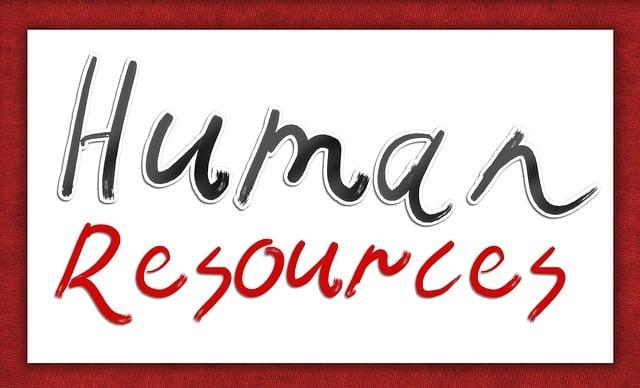
Avoiding Common Pitfalls When Hiring a Developer
Hiring a developer can be a tricky endeavor, especially if you’re not familiar with the nuances of the process. Here are some common pitfalls to watch out for that can derail your project and lead to frustration.
- Overlooking portfolio Quality: It’s tempting to focus on the quantity of projects a developer has worked on, but quality matters more. Look for projects that demonstrate their expertise in WordPress specifically. A standout portfolio will showcase diverse themes and plugins, highlighting their ability to solve real-world problems.
- Ignoring Communication Skills: Technical prowess is essential, but so is the ability to communicate effectively. During the interview process, pay attention to how well they explain their ideas. A developer who can articulate their thought process is highly likely to keep you in the loop throughout the project.
- Failing to Establish Clear Expectations: Before diving into the project, set clear deliverables, timelines, and budget constraints. Clearly outline what you expect from the developer to avoid misunderstandings down the line. A well-defined scope can save both parties time and frustration.
- Neglecting Cultural Fit: A developer’s technical skills must align with your team’s culture and values. Consider whether they understand your brand voice and vision. A cultural mismatch can lead to misaligned goals and ultimately impact the final output.
Another common mistake is focusing solely on cost. While it’s essential to stay within budget,hiring based solely on the lowest price can result in subpar work. Consider the long-term value of investing in a skilled developer who can deliver quality results.
| Common pitfalls | Consequences |
|---|---|
| Overlooking Portfolio Quality | Poorly executed projects that don’t meet your standards |
| Ignoring Communication Skills | Frustration and lack of clarity during the project |
| Failing to Establish Clear Expectations | Scope creep and unmet deadlines |
| Neglecting Cultural Fit | Disjointed team dynamics and unclear project goals |
| Focusing Solely on Cost | Compromised quality and long-term expenses |
Lastly, take the time to verify references. speak to previous clients or team members to get a sense of their experiences. This step frequently enough reveals insights that a portfolio or interview cannot provide,giving you the confidence to make an informed decision.
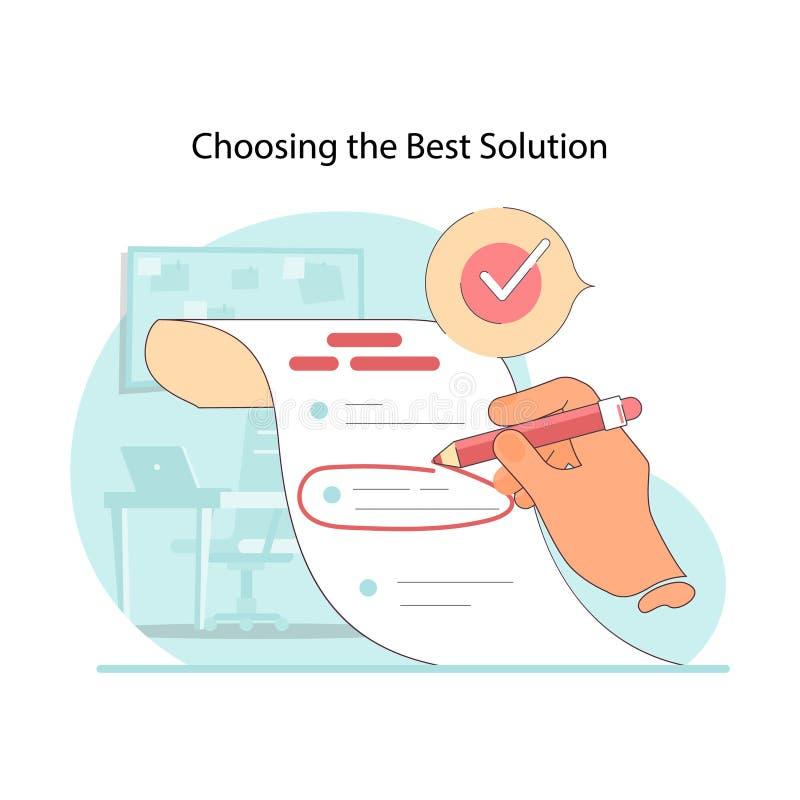
Taking the Leap: Finalizing Your Decision with Confidence
After navigating the steps to find and evaluate potential WordPress developers, it’s time to finalize your decision. this moment can feel overwhelming, but with a clear head and a solid checklist, you’ll be able to make your choice with confidence. Here are some key factors to consider that can help solidify your decision.
Trust Your Instincts: While data and qualifications matter, don’t underestimate the power of your intuition. If a developer feels right, that sense of comfort and connection can be a good indicator of a fruitful partnership. Think about:
- How well did they listen to your project needs?
- Did they communicate clearly and effectively?
- Are they excited about your project?
Review the Fine Print: Before you sign on the dotted line, ensure you review all contracts and agreements. Pay attention to:
- Scope of work
- Payment terms
- Timeline for project completion
- Support and maintenance provisions
Another critical aspect is to assess the developer’s understanding of your business goals. A developer who comprehends your vision will be more invested in delivering results that align with your objectives. Ask yourself:
- Did they offer suggestions that add value to your project?
- Do they understand your target audience?
- Are they aware of the latest WordPress trends and best practices?
Establish a Communication Plan: ensure that you have a clear communication plan in place. Consistent communication can be the difference between a successful project and a frustrating experience. Consider setting up regular check-ins or updates to keep the project on track. Aim to clarify:
- Preferred methods of communication (email, chat, video calls)
- Frequency of updates
- Response time expectations
By following these guidelines, you can confidently take the leap and hire a WordPress developer who not only meets your technical needs but also aligns with your vision. Trust the process, and remember that making informed decisions will lead to a successful partnership and, ultimately, a thriving website.
Frequently Asked Questions (FAQ)
Q: Why should I hire a WordPress developer rather of doing it myself?
A: Great question! While WordPress is user-friendly, hiring a developer can save you time and ensure a professional look and functionality. A developer has the expertise to tackle complex issues, optimize performance, and customize themes and plugins to suit your specific needs, which can be daunting if you’re not familiar with coding.
Q: What are the first steps I should take when looking to hire a WordPress developer?
A: Start by defining your project requirements. What specific features do you need? Are you looking for someone to enhance an existing site or build a new one from scratch? Having a clear vision will help you communicate effectively and find the right fit.
Q: how can I find qualified WordPress developers?
A: There are several great avenues to explore! You can search on freelance platforms like Upwork or Fiverr, check out job boards like Toptal, or even ask for recommendations in WordPress communities and forums. Social media platforms like LinkedIn can also connect you with talented developers.
Q: What should I look for in a WordPress developer?
A: Look for someone with a solid portfolio showcasing their past work, especially projects similar to yours. Check their client reviews and testimonials for insights on their work ethic and reliability. It’s also important they have good communication skills—after all, you’ll need to collaborate closely!
Q: How do I ensure that I’m hiring the right WordPress developer for my project?
A: Conduct interviews and ask specific questions about their experience with WordPress, their process, and how they handle challenges. You might also want to give them a small test project or ask for a proposal to see how they approach your needs. Trust your instincts—if they seem enthusiastic and informed, that’s a good sign!
Q: What should I discuss in terms of budget and timelines?
A: Be upfront about your budget and timeline from the beginning. Discuss their rates and whether they’re comfortable working within your budget.It’s also essential to agree on a timeline for milestones and final delivery to ensure both parties are on the same page.
Q: How do I maintain a good working relationship with my WordPress developer?
A: Communication is key! Schedule regular check-ins to discuss progress and provide feedback. Be open to their suggestions, as their expertise can greatly enhance your project. showing appreciation for their work can go a long way in fostering a positive working relationship.
Q: What if I’m not satisfied with the final product?
A: Before starting, discuss the revision process with your developer. Most should be open to making adjustments based on your feedback. If you still aren’t satisfied, have a candid conversation about your concerns—good developers value their clients’ satisfaction and will likely work to resolve issues.
Q: Is it worth investing in a WordPress developer for my business?
A: Absolutely! A well-designed website can significantly impact your online presence, enhance user experience, and improve conversion rates. Investing in a skilled WordPress developer can pay off in the long run,helping you achieve a professional and functional site that attracts and retains visitors.
Insights and Conclusions
Conclusion: Your Next Steps to Success
So there you have it! Hiring a WordPress developer doesn’t have to be a daunting task. By following these four simple steps—defining your project needs, scouting the right candidates, evaluating their skills, and setting clear expectations—you’ll be well on your way to finding the perfect match for your project.
Remember, this isn’t just about filling a position; it’s about partnering with someone who can help you turn your vision into reality. A skilled WordPress developer can be the key to unlocking your website’s potential, enhancing user experience, and driving your business forward.
So, take a deep breath and dive into the hiring process with confidence. With the right developer by your side, you’ll not only meet your goals but exceed them. Happy hiring!



